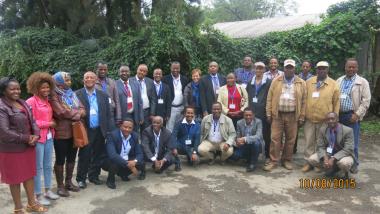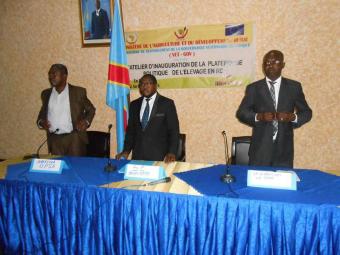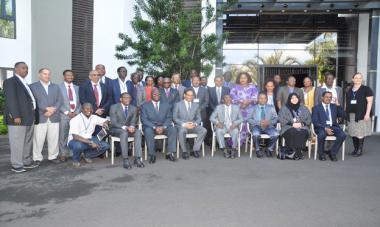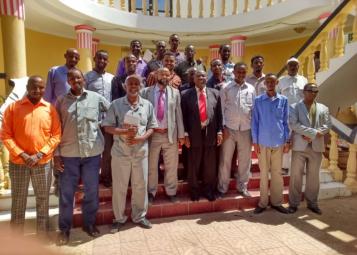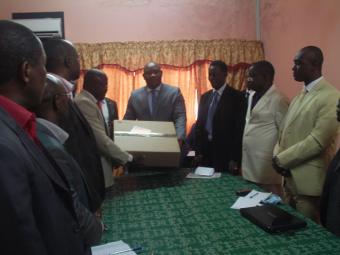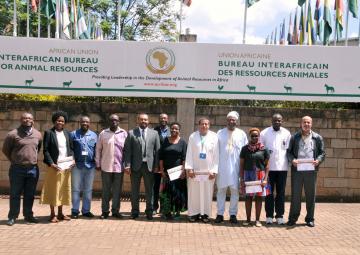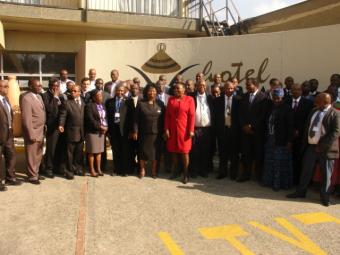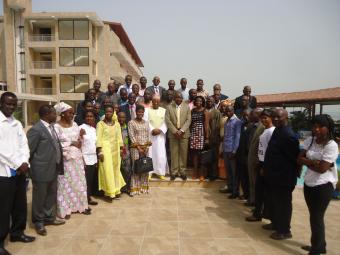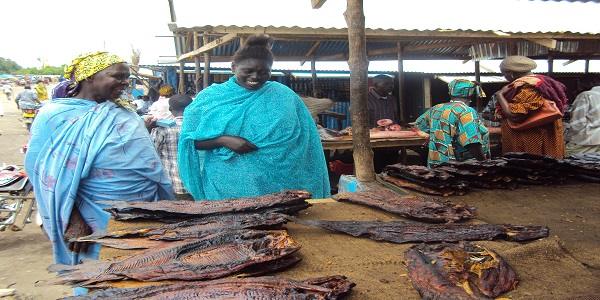
The African Union InterAfrican Bureau for Animal resources (AU-IBAR) will be hosting a consultative workshop in collaboration with African Union Development- New Partnership for Africa’s Development (AUDA-NEPAD) with the major objective of operationalizing the revised African Fisheries Reform Mechanism (AFRM).The meeting will be held from 11-12 August 2021.
The specific objectives of the consultative workshop would be:
1. To rationalize the Armed Forces Reserve Medal (AFRM) working groups; review and revise the current terms of reference and criteria for membership composition
2. To review the functions of the Think tank Executive Committee, the Advisory Council and the criteria for membership
3. Sharing the terms of reference of the Conference of African Ministers of Fisheries and Aquaculture (CAMFA) Secretariat formally
4. Presentation of the draft terms of reference for the Sectoral Committee on fisheries and aquaculture.
The objective of African Fisheries Reform Mechanism is to strengthen governance, coherence, minimize duplication and improve progress in the development of the African fisheries. The operation has Working Groups that support coherent policy formulation at the highest level and are a platform for coordination and foster institutional collaborations.
Several meetings have been held to strengthen fisheries reform on the continent prior to adoption of revised AFRM structure 2020. For instance, in 2010, during the first CAMFA, stakeholders recognized that the lack of or weak coordination, poor collaborative frameworks and inadequate regional and international cooperation are some of the challenges that have beset the African fisheries and aquaculture sector.
AU-IBAR organized a stakeholder partnership meeting in 2012 to further the above recommendations from the ministers. The meeting was attended by representatives from AU-IBAR, World Bank, Food and Agriculture Organization (FAO), World Wide Fund For Nature (WWF), RFB’s experts from Africa, Europe and others. The objective of the meeting was to develop a mechanism for coordination and coherence in Africa fisheries and aquaculture that would add value to the governments of the sector for increased benefits to AU member states. In addition to the 2010 challenges, 2012 stock management is rare; donor coordination on effective development approaches is weak. The partnership coordination mechanism was renamed as ‘African Fisheries Reform Mechanism (AFRM).
In 2014, a workshop was held with the aim of developing an institutional framework for operationalization of the AFRM. The meeting recognized technical and policy related groups to discuss key issues in fisheries and aquaculture. Out of seven working groups, only four were functional and proved vital in supporting the continental initiatives in the sector. The full operationalization of ARFM also included political changes in the Specialized Technical Committees (STCs). With changes in the policy structures and nomenclature at the African Union level there has been a need to review, reflect and accommodate changes within the current AFRM architecture. With support from the stakeholders which was to strengthen the participation of the stakeholders in the policy formulation and implementation process.
The 3rd session of the Specialized Technical Committee on agriculture, rural development, water and environment (STC-ARDWE) in October 2019 endorsed the revised AFRM and subsequently by the 33rd Session of the African Union Heads of States Summit in February 2020.
The 2019 STC-ARDWE further made recommendations pertaining to strengthening the STC on ARDWE by establishing a Sectoral Committee on Fisheries and Aquaculture; and mobilizing resources for the full operationalization of the revised AFRM structure

